Director of Communications, University of Michigan Rogel Cancer
Fawcett leads a team of communicators who produce targeted, innovative communication for the Rogel Cancer Center’s research and clinical enterprises. Prior to Michigan Medicine, Fawcett was a reporter at the Detroit News and editor for a web-based community for people with disabilities.
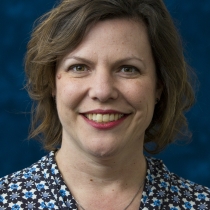
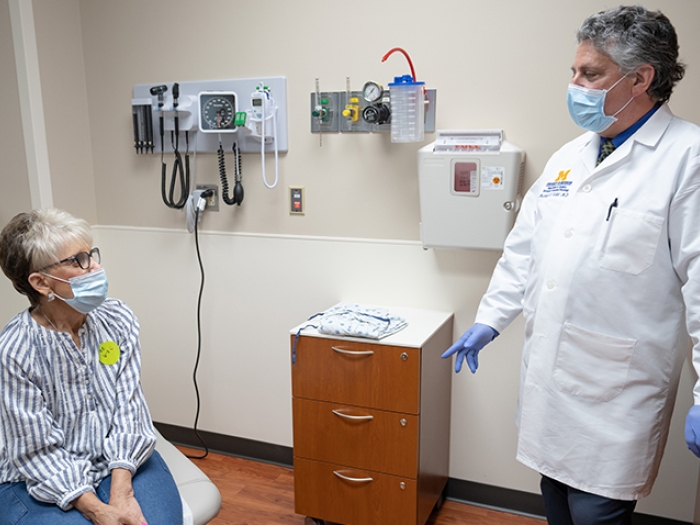
Health Lab
A Rogel Cancer Center team created a guide to help providers navigate difficult conversations due to the coronavirus.

Health Lab
Hospital fundraising provides critical resources, but a new study looks to ensure it’s done effectively and ethically.

Health Lab
A new study finds fewer women publishing COVID-related papers, especially in early days of pandemic.

Health Lab
A new precision medicine analytics tool called TransPRECISE developed to help oncologists with cancer treatment and research.

Health Lab
A new perspective published in the New England Journal of Medicine outlines the importance of standing up and intervening in instances of gender bias and sexual harassment as an ethical obligation.
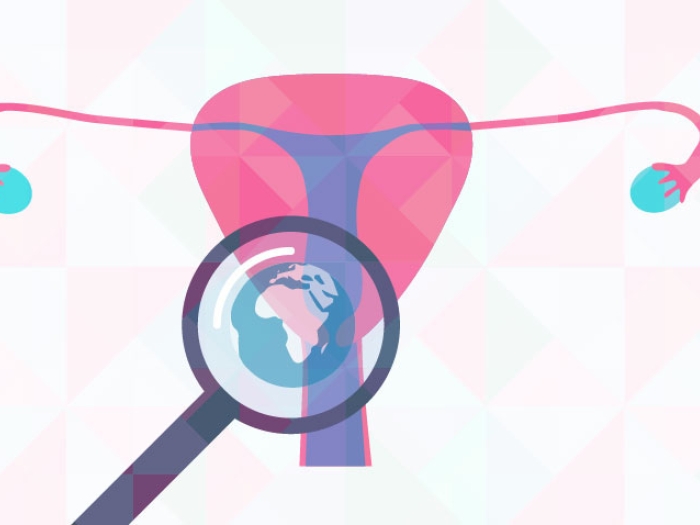
Health Lab
Cervical cancer is considered preventable in its early stages, but without breaking down barriers to prevention, women in certain countries remain at high risk.
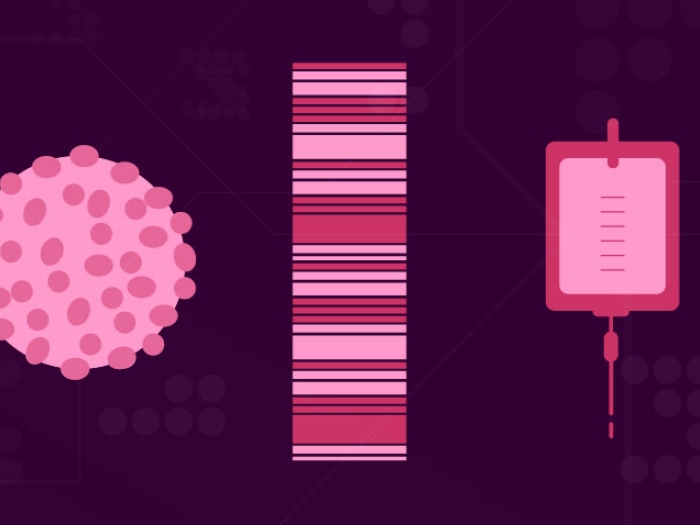
Health Lab
Breast cancer patients who test positive for an inherited genetic mutation, such as having the BRCA1 or BRCA2 gene, may be receiving treatment based on future cancer risk, rather than guideline approved treatments for their diagnosed cancers, study finds.
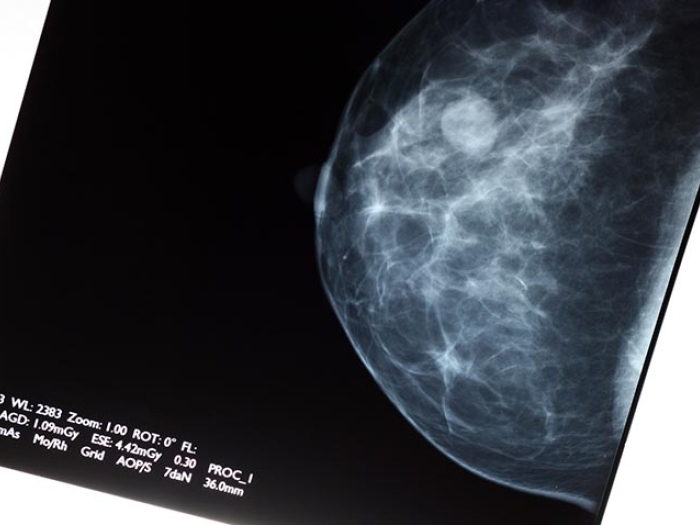
Health Lab
Mammograms, an essential part of breast cancer screening, could increase overall health outcomes if performed annually according to a new study.

Health Lab
A survey of Medical School faculty describes the impact of sexual harassment on physicians, helping leaders to outline paths to promote a culture of civility and respect.
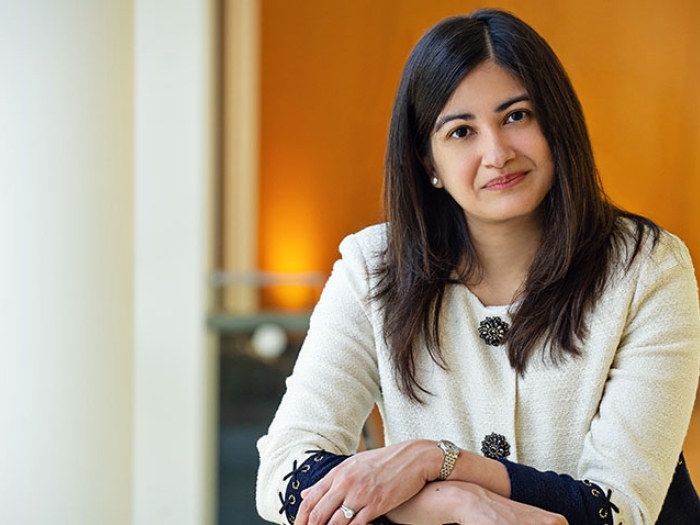
Health Lab
To diversify leadership, researchers say term limits may create more opportunities for women and minorities in academic medicine.
Health Lab
The finding suggests a potential target in the metabolism that could slow or prevent breast cancer metastasis.

Health Lab
A new study finds patients want to provide consent before researchers or hospitals use their medical records for research.
News Release
An institutional report card for gender equity representing more than 500 institutions worldwide reveals that women are not equally promoted, recruited or retained to senior roles, and that policies to support women in science are lacking.
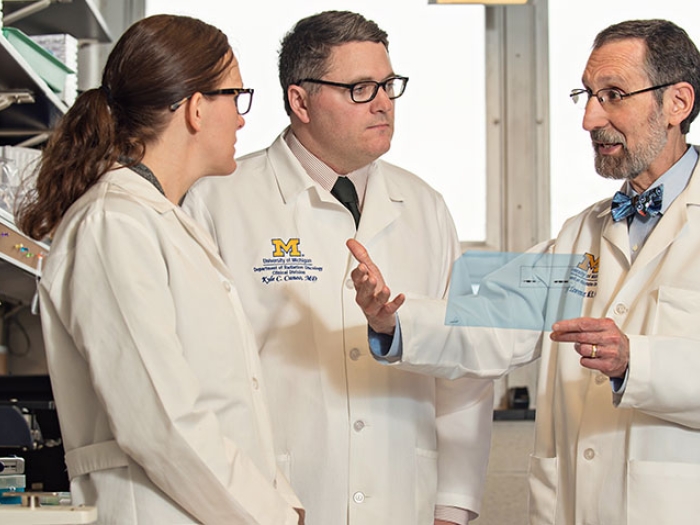
Health Lab
An early clinical trial on pancreatic cancer research finds a Wee1 inhibitor, combined with radiation and gemcitabine, is safe and potentially effective in pancreatic cancer treatment.

Health Lab
A survey of early career oncologists suggests onsite child care could open scientific meetings to more women attendees.